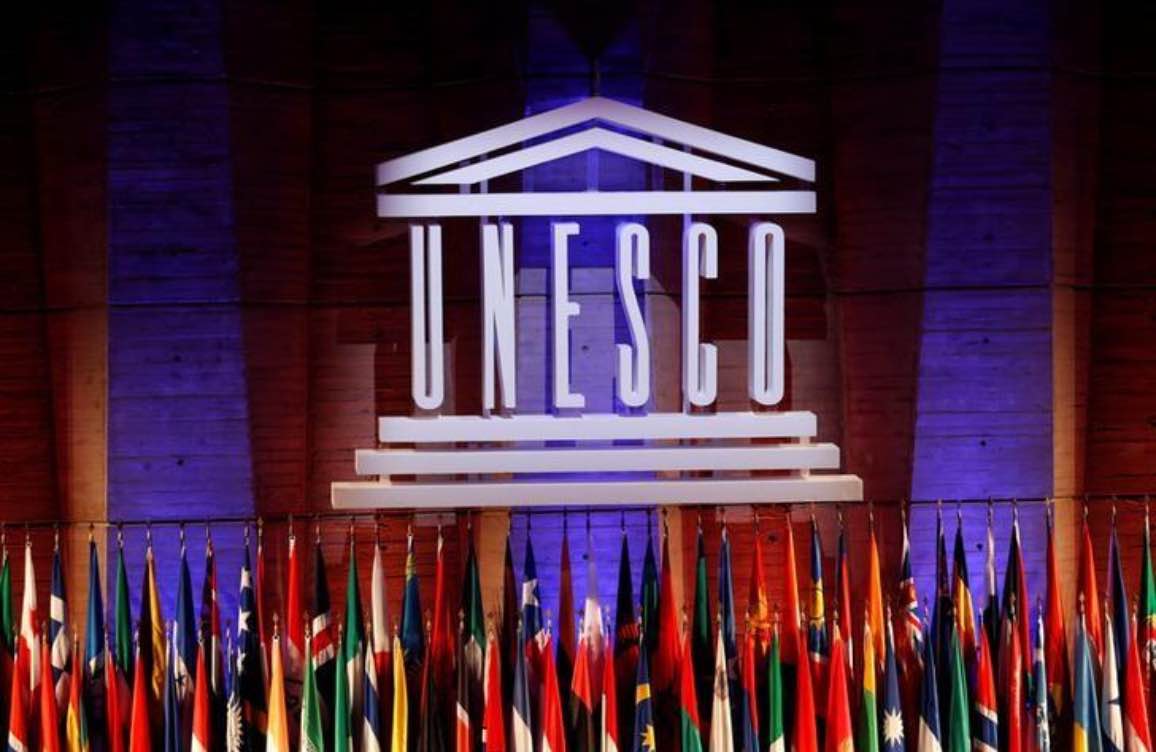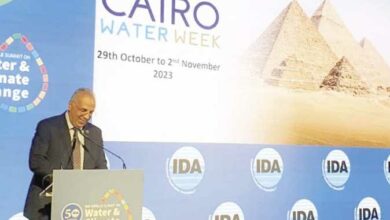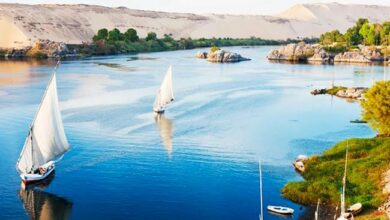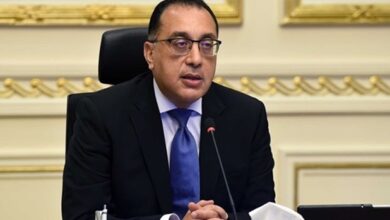Water poverty and oil wealth are locked into a peculiar relationship in which the abundance of one resource can make up for profligacy with the other. But the assumption on which this relationship is based is ill founded. At some point the oil, or the water, will run out.
The designation of entire states–and indeed entire regions–as “oil economies” implies that hydrocarbon exports alone keep these economies afloat. But the oil industry–its machinery, laborers and managers–relies as much upon the steady supply of water as global industry, commerce and consumers do upon oil.
Politicians, activists, scholars, public intellectuals, and media commentators have developed a large body of literature on water scarcity in the Middle East. They have largely concentrated on rivers–the Jordan, Tigris, Euphrates, Nile and others–while neglecting oil economies. To understand oil economics or water scarcity, one has to understand that the two are closely intertwined. Yet the debate about the Middle East and North Africa seems bound to prevent such awareness.
The term “virtual water” has come to prominence as a way of referring to the hidden water cost of food and other goods. Growing food obviously requires a continuous supply of water, an investment many Middle Eastern and North African countries are unwilling or unable to make. Most oil-producing countries–not irrationally–simply import tons of food, thus sparing themselves the need to invest their own limited water resources in feeding the population.
Kuwait, Qatar, Saudi Arabia, the United Arab Emirates, and to a lesser extent other states, have relied on income from the petrochemical industry to outsource the production of food. This has allowed these countries to avoid expensive and environmentally hazardous desalinization or irrigation projects.
Virtual water, however, does not mean that oil economies are any less dependent on water. Virtual water actually poses a challenge to rethinking the so-called oil states of the Middle East. The wealth of these states can be easily measured in oil prices, commodity markets and investment flows, or on a smaller scale through projects such as Burj Khalifa or Dubai’s equally infamous palm tree-shaped islands. But economists and political scientists, much less journalists and governments, have not adequately accounted for virtual water.
The structures of the virtual water economy are well known. Trade statistics easily trace the basic market dynamics of who supplies food to whom. Nevertheless, the oil economy and the world of virtual water remain largely divorced in scholarly and technocratic studies.
“Oil economies” are understood in terms of their petrochemical, industrial production, and not in terms of their less visible, but no less important, water and food consumption. Reliance on virtual water, purchased with petrochemical revenues, does not mean that oil economies are not also water economies. Instead, it means that water economies with access to significant funds have the power to determine the use of natural resources outside the geographic boundaries of the state.
Media reports have focused on the purchase of agricultural land abroad, particularly in Africa, by petrochemical powers. Many have correctly remarked that such investments show that, as in the classic imperial age, state authority is not limited to particular territories. But there is more to the story than that.
In sinking so many petrodollars into African lands, the oil states are effectively concealing their participation in an economic system of water rent, disguising their dependence on African “virtual water” with their nominal source of independence–their fabulous oil wealth.
Meanwhile, neither oil states nor other observers have taken much note of the potential of these land purchases for introducing new forms of economic domination and instability.
George R. Trumbull IV is assistant professor of history at Dartmouth College and an editor of Middle East Report. This is the first of three parts that will be published by the author on the topic of water in the MENA region.




